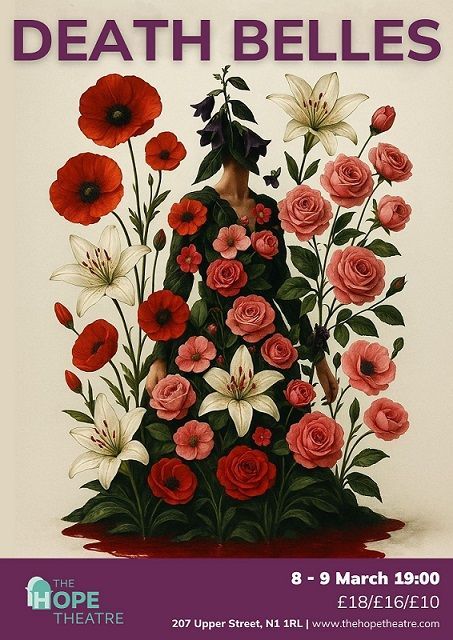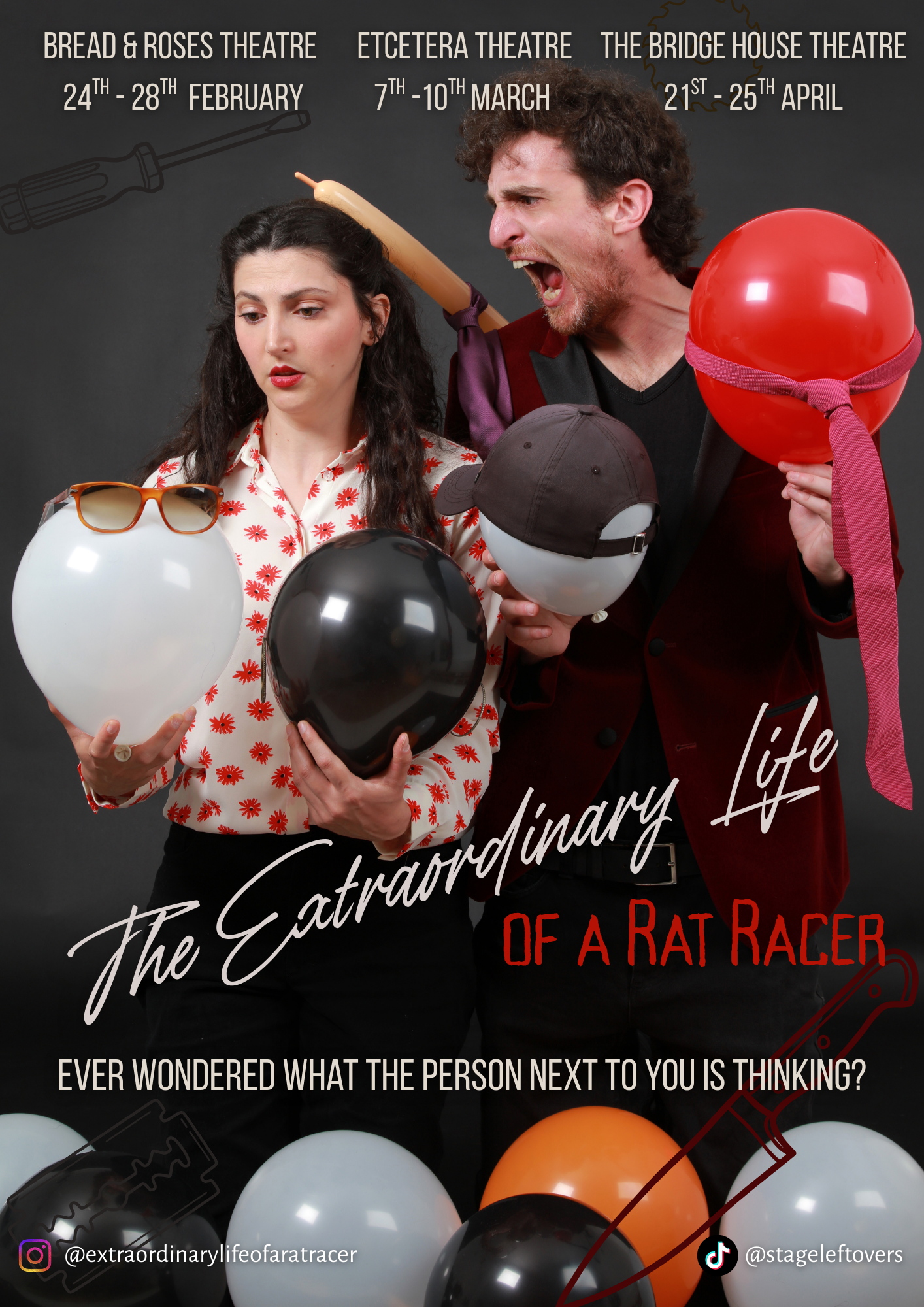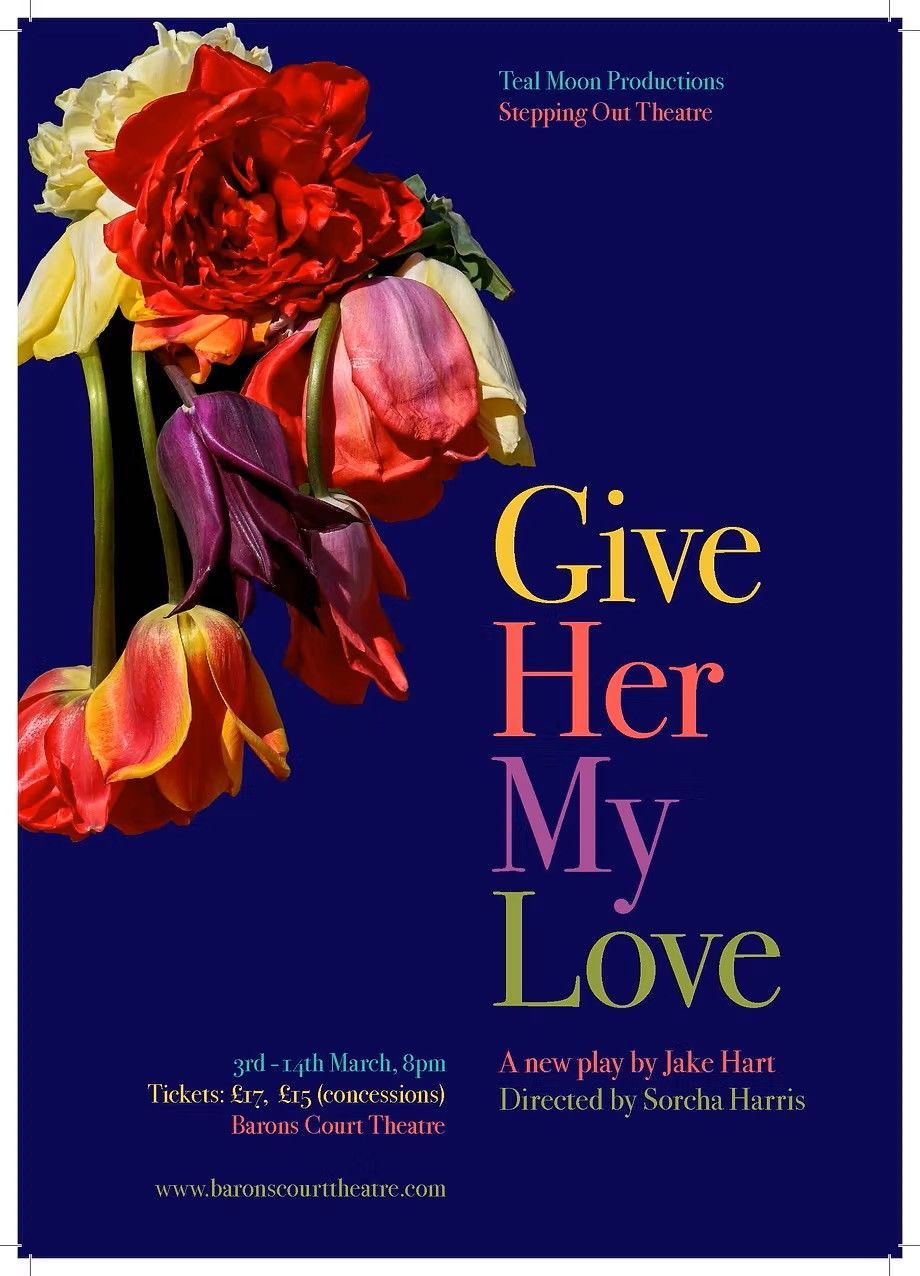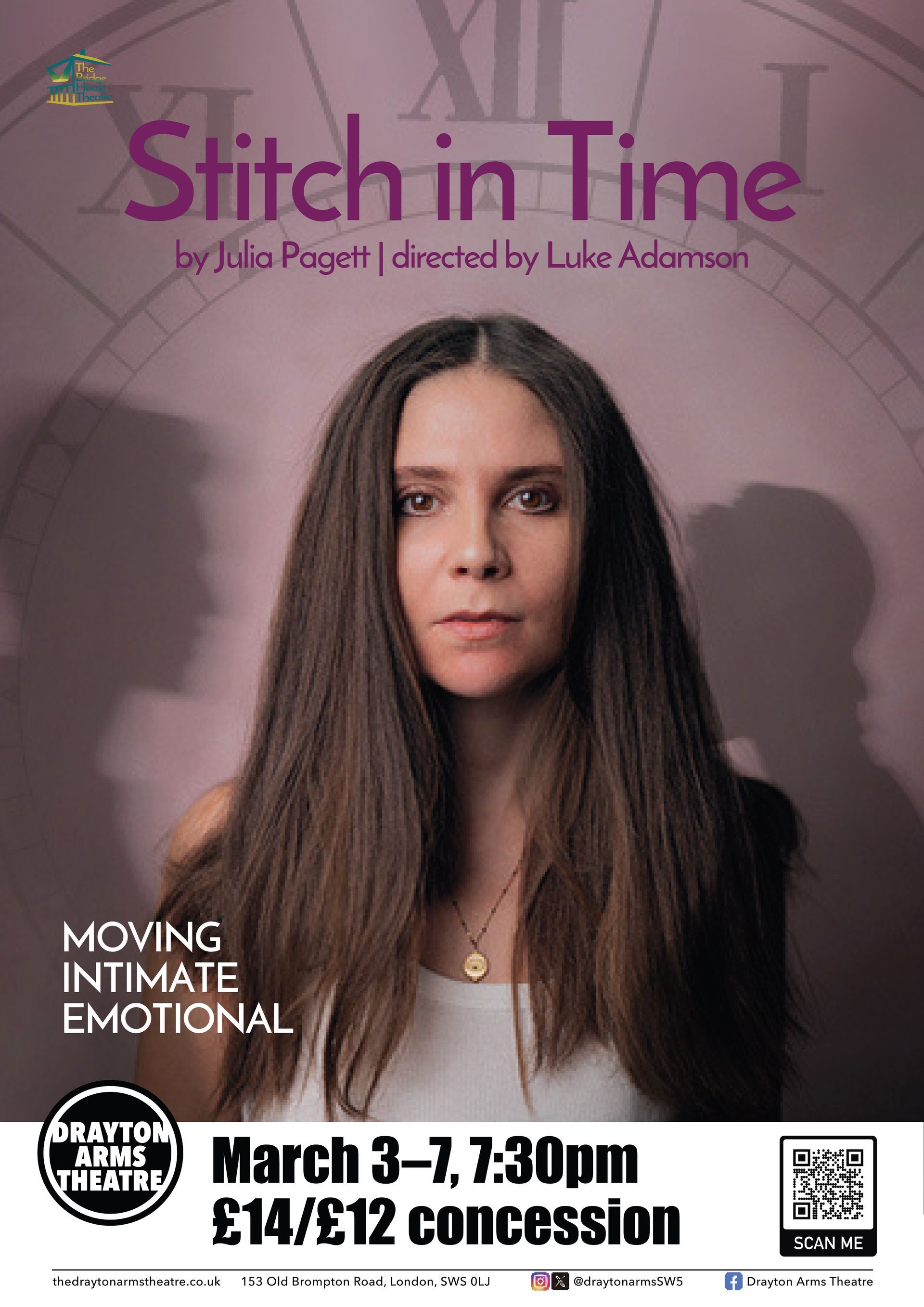REVIEW: MISS JULIE by August Strindberg at Park Theatre 7 June – 6 July 2024

‘Sex, class and power in this elegant revival by Norway’s founding father of scandi-noir’ ★★★★
Originally written in 1888, Strindberg’s Miss Julie is a founding text of modern theatre. This translation first presented in 1965 by the National Theatre at the Chichester Festival and Old Vic in 1966, has been elegantly revived by Lidless Theatre, drawing a spotlight on this involving character drama of sex, power, and class. This period piece, set at the time it was written, examines at close range a social system that keeps people in their place. While some aspects of the play have not dated well, this element of social immobility seems particularly pertinent.
The action takes place in the servant’s kitchen of a large country house while the master is away. The tragedy unfolds across the course of one evening during Midsummer celebrations, the longest night of the year where the servants celebrate life and dance merrily offstage. For the two main characters: Miss Julie, the master’s daughter and Jean, his loyal valet, it will be the longest night of their lives as the audience are whisked back to 19thcentury Scandinavia with scene-setting music, starched lace collars and a simple country table around which the seduction, passion and drama take place.
Beautiful and beguiling Miss Julie, the ‘master’s daughter’ and the play’s namesake is the engine of the narrative. We hear her being discussed in the opening scene by Jean, referred to on numerous occasions as “mad.” She has been spotted dancing with the servants behaving as someone of her class ought not. It’s not long before we meet Miss Julie: capricious, wilful, and impetuous. Tousle-haired in a blue velvet gown, she appears, making mischief and looking for fun. She has her eye on Jean, a fine figure of a man who is already engaged to another servant, steady Christine with her hair neatly tied back. An accepting woman who knows her place, she is played with silent stoicism by Adeline Waby, her feelings kept in check where they belong, her head ruling her emotions.
After an honest day’s toil, Christine goes to bed after which coquettish power games ensue. Flirtatious Miss Julie and self-assured Jean test each other in an erotic game of chess. Who’s in charge here? Who holds the power? There is mounting tension and a push-pull of attraction and when Miss. Julie utters the words: ‘Kiss my boot’, the wheels are set in motion for the inevitable. It’s the post-coital interchange that shapes the latter half of the play as blame, fear, loathing, pleading and recriminations play out. What can the future hold for those who dare transgress the boundaries of their gender and class?
All the central performances are strong, the relationships between the characters well drawn out but it’s Freddie Wise as Jean who dominates, charismatic and commanding, he is the valet who wants more from life and to improve his standing. His needs, desires and conflicted emotions are clearly wrought and compelling. But no matter how much Miss Julie hopes to break free from the suffocating expectations of nobility or Jean hopes to better himself, they both remain encased like flies in amber. Despite Miss Julie’s social advantage, the iron claw of patriarchy tightens its grip as the play reaches its devastating and affectingly understated denouement.
Written during Norway’s second wave of suffrage and feminism (1879 – 1890) one can’t help thinking that this Miss Julie: a dangerous, disruptive force who disturbs the social order may have been a manifestation of Strindberg's own fears. True, the towering playwright has latterly been described as a misogynist with problematic attitudes towards his female characters but these time- specific attitudes are also instructive and a reminder – in terms of gender politics – of how far we have moved forward. Strindberg’s castration fears aside, this is a must see for fans of sex, power, class stories. If you enjoyed Lady Chatterley’s Lover or Joseph Losey’s The Servant, then this is for you.
Photography: Mark Senior
MISS JULIE by August Strindberg at Park Theatre 7 June – 6 July 2024
Box Office: https://parktheatre.co.uk/event/miss-julie/
Translated by Michael Meyer. Directed by Max Harrisson.
Reviewed by Nilgin Yusuf













